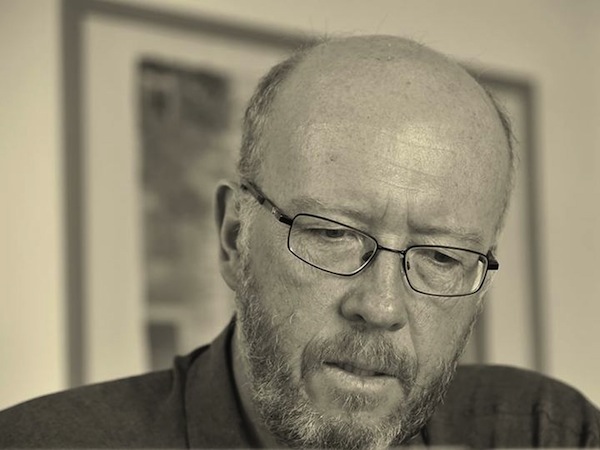A criminal charge against the Canadian arm of an Israel-based organization that provides volunteers for the Israel Defence Forces (IDF) has been withdrawn because there was no reasonable chance for a conviction.
On Dec. 12, the Public Prosecution Service of Canada (PPSC), which assumed carriage of the case, withdrew a charge that Sar-El Canada violated the Foreign Enlistment Act, which prohibits Canadians from enlisting in or accepting any “commission or engagement” in the armed forces of a foreign country. The charge was withdrawn because there was “no reasonable prospect of conviction,” Sar-El Canada’s lawyer, John Rosen, told the CJN. “The case is now completed.”
The charge was approved in September by a justice of the peace in a private prosecution initiated by David Mivasair, a Hamilton, Ont.-based rabbi with a long history of activism targeting Israel, and Rehab Nazzal, a Palestinian-born, Toronto-based artist who was shot in the leg in Bethlehem in 2015 while photographing an IDF crowd control weapon. They alleged that Toronto-based Sar-El Canada broke the law because it recruited or induced individuals to volunteer for Israel’s armed forces. They further alleged that, once in Israel, volunteers reside on military bases, wear military uniforms and complete tasks that would otherwise be assigned to soldiers; those allegedly included packing food rations and medical kits, cleaning tanks, painting helmets, radio repairs and gas mask refurbishment.
In a statement, they said the “recruitment” in Canada of volunteers “to assist the Israeli military ought to be a concern of all Canadians.” They began a private prosecution after they said police and the federal government failed to act on a complaint.
Sar-El Canada sends 100 to150 volunteers a year from this country to Israel, the group’s national president, Jeff Sarfin, told the CJN when the matter began.
In a statement to the CJN, Sarfin said Sar-El Canada is “very pleased” that the charge was withdrawn. He said the “attempt by anti-Israel activists to intimidate us and the Jewish community has failed. We are also grateful to the support we have received from the Jewish community as we deepen and strengthen the connection between our community and Israel.”
Rosen echoed the sentiment. The complaint “was merely another failed attack on Israel and those who support it, this time by attempting to hijack Canada’s legal system,” he said. He said the charge should never have been authorized and agreed with the prosecution that there was never a reasonable prospect of conviction.
“More importantly,” Rosen added, “the prosecution of this baseless complaint would also have been against the public interest, given Canada’s implicit approval of similar activities that directly support Ukraine’s defence against Russia.”
Ukraine has openly called for soldiers from around the world to join the fight against Russia. Ukraine’s consul general in Toronto was recently quoted as saying that “hundreds” of Canadians got in touch to offer assistance.
Sar-El Canada’s parent organization in Israel was established 40 years ago. It operates in more than 30 countries and has to date sent some 160,000 volunteers to Israel to provide “broad logistical support to the IDF,” its website says. Volunteering takes place on IDF bases throughout the country.
Programs offer volunteers “an opportunity to live and work beside Israeli soldiers and gain an insider view of Israel.” Working alongside soldiers and base employees, the “non-combat civilian support duties” encompass packing medical supplies, repairing machinery and equipment, and cleaning, painting and maintaining the base. The Sar-El program “is a morale booster and motivator for the soldiers,” the group’s website states.
In a hearing in September before the justice of the peace who approved the charge against Sar-El Canada, Mivasair testified that, to the best of his understanding, the Foreign Enlistment Act prohibits recruiting people for “non-combatant engagements” with foreign armies.
Asked for a comment and whether an appeal is being considered, Shane Martinez, a lawyer for Mivasair and Nazzal, told the CJN: “We disagree with the decision of the Federal Crown and are exploring all available options.”
Two years ago, a campaign launched by progressive groups and 170 prominent Canadians alleged that illegal recruiting for the IDF of non-Israeli citizens was taking place in this country. Justice Minister David Lametti was asked to investigate. He referred the matter to the RCMP.
– For more national Jewish news, visit thecjn.ca.

